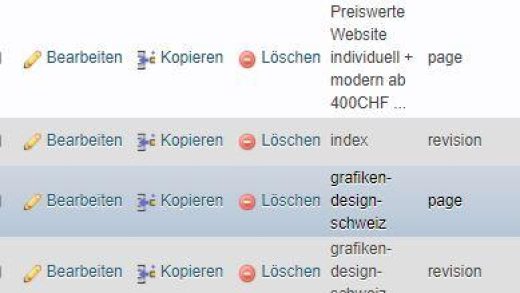In a world bursting with digital transactions and automatic payments, the phrase “out of sight, out of mind” can become a troubling reality for many consumers. While the convenience of online banking and credit card management offers unparalleled ease, it also opens the door to potential financial pitfalls lurking within our statements. At a glance, a casual review might seem sufficient, but a closer examination often reveals discrepancies, hidden fees, or unauthorized charges that could otherwise go unnoticed. This article delves into the importance of regularly checking your bank and credit card statements—not just as a good practice, but as a vital measure to safeguard your hard-earned money. By understanding the ins and outs of your financial statements, you empower yourself to stay informed and avoid unwelcome surprises that could disrupt your financial well-being.
Empower Your Finances by Monitoring Statements with Purpose
Monitoring your financial statements is not just about keeping track of what you spend; it’s a chance to empower yourself financially. By regularly examining your bank and credit card statements, you can uncover valuable insights that may help you make smarter spending choices. Here are some *key strategies* to ensure your monitoring is purposeful:
- Set a Schedule: Designate specific days each month to review your statements, creating a financial ritual that reinforces awareness.
- Look for Patterns: By identifying recurring expenses or spending trends, you can adjust your budget and prioritize savings.
- Validate Transactions: Always cross-check every entry to catch unauthorized charges and rectify errors promptly.
- Note Changes: Stay alert for any new fees or fluctuations in interest rates that may impact your financial health.
To help you visualize your financial landscape better, you might consider creating a simple tracking table like the one below:
| Month | Income | Expenses | Savings |
|---|---|---|---|
| January | $3,500 | $2,800 | $700 |
| February | $3,500 | $2,700 | $800 |
| March | $3,500 | $3,200 | $300 |
Embracing these practices will transform a mundane task into an empowering act of financial stewardship. Remember, the goal is not solely to prevent surprises but to foster an ongoing connection with your financial health.
Strategies for Detecting Errors and Unauthorized Transactions
To effectively uncover potential discrepancies and unauthorized transactions, it’s crucial to adopt a proactive approach. Here are several strategies you can employ to safeguard your finances:
- Schedule Regular Reviews: Dedicate a specific day each month to meticulously examine your bank and credit card statements. This can help you catch irregularities early.
- Utilize Mobile Alerts: Set up transaction alerts on your banking apps. These notifications can provide real-time updates on your spending, helping to quickly identify unfamiliar transactions.
- Cross-Reference Receipts: Keep your purchase receipts and match them against your statements. This ensures that you are aware of every charge and can promptly flag any unauthorized ones.
- Flag Unusual Patterns: Make a mental note of your regular spending routines. If you notice frequent or large transactions that deviate from your norm, investigate further.
| Indicators of Unauthorized Transactions | Action Steps |
|---|---|
| Unknown Charge | Immediately contact your bank for clarification. |
| Repeated Transactions | Lock your card and dispute any duplicates. |
| Unfamiliar Merchant | Research the merchant online and verify. |
By incorporating these practices into your financial routine, you can enhance your ability to detect errors and protect yourself from unauthorized transactions, ensuring your finances remain secure.
Future Outlook
In a world where financial oversight can easily slip through the cracks, making a habit of checking your bank and credit card statements regularly is more than just a precaution—it’s a mindful approach to personal finance. By embracing this simple practice, you not only safeguard your hard-earned money but also empower yourself with insights into your spending habits. As you cultivate this routine, you’ll find that awareness breeds confidence, transforming what once felt like an obligation into a source of financial clarity. So, take a moment, breathe, and dive into those statements—your future self will thank you for the peace of mind and security you create today. After all, knowledge is not just power; it’s the key to avoiding unwelcome surprises and making informed decisions in your financial journey. Stay vigilant, stay informed, and let your financial awareness be the cornerstone of your economic well-being.










